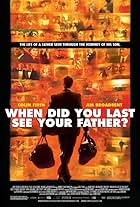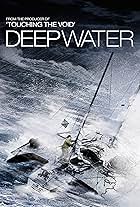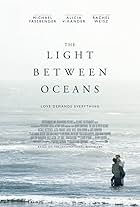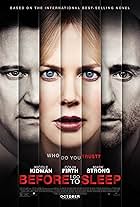When I first saw this film, I really enjoyed it. Here's what I wrote:
"I'm sure there are elements here that most people can relate to, the pressure of pride, recognition, approval, acceptance, what it means to be a man, to impress, how far you have to go to prove yourself, and why. The whole story works as a metaphor for many relationships I have known, where the limbo strains communications (literally here with a radio he chooses not to use as much for fear of 'being found out'). The editing and use of flashbacks to weave together an impression of his emotional state is a great use of cinema. Its like an analogy of imposter syndrome, taken to the extreme."
I was so fascinated with the story, I read 'The Strange Voyage of Donald Crowhurst" and watched the documentary Deep Water. Then I saw The Mercy again. This time, the flatness of the film, the lack of effort, the pedestrian, workman hack-job sunday-afternoon-for-pensioners side of the writing/direction leaped out and made itself obvious. I couldn't believe I'd liked it so much before.
- Colin Firth is actually very miscast. He doesn't have the persuasive, determined, forceful arrogance of the real Crowhurst. Firth comes across as gentle and unassuming, not desperate for approval and recognition.
- The descent into madness is SO tepid in the film. On reading the book, there are so many conflicts, pressures and uncertainties that gradually crush Crowhursts mind, leading to him writing 25,000 words about becoming a cosmic being. Firth's version is asking for forgiveness and saying sorry, as though perfectly sane. Its not the real story by any means, and gives a horrid reflection of how affected Crowhurst actually was by his predicament.
- Unforgivably, its actually very boring on a rewatch. There is no depth or subtlety. The true story is so multifaceted and tense, its amazing to that the film is quite as flat as it is.






































